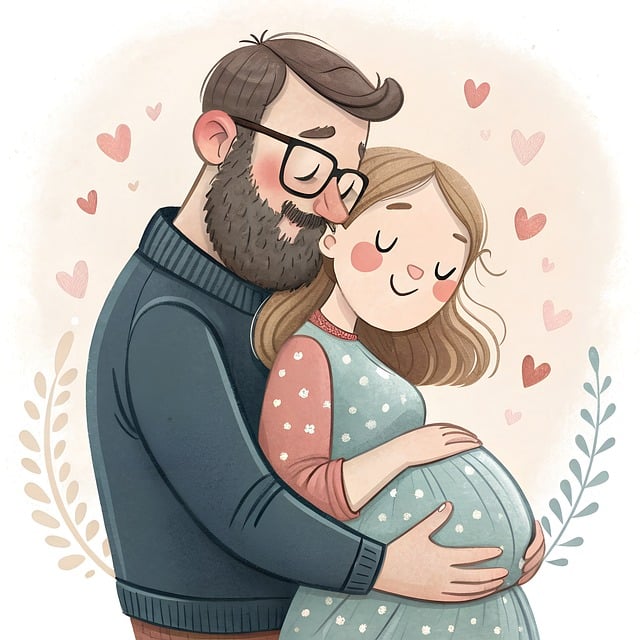When embarking on the IVF journey, it’s common to feel overwhelmed by what the timeline might look like. This guide aims to clarify the process you’ll experience at Pacific Fertility Center Los Angeles (PFCLA).
IVF Process Overview
The IVF process is tailored to each person, influenced by factors like health conditions, fertility issues, age, and the specific protocols followed. Typically, a complete IVF cycle spans about 4 to 6 weeks from the start of ovarian stimulation to embryo transfer, though this can vary. Each journey is unique, so here’s a general outline of the primary steps involved in a standard IVF cycle, along with estimated timelines for each phase.
Initial Consultation and Testing: About 1 Month
Your journey begins with a consultation with a fertility specialist to discuss the IVF process and develop a personalized treatment plan. This is the time to ask questions tailored to your situation. Initial testing and result waiting usually take about a month. Open communication with your physician can help optimize your journey’s success.
At PFCLA, doctors typically order blood tests to check ovarian reserve in female patients and conduct semen evaluations for male patients. These tests can often be completed at our clinic or a local facility if you’re not in the Los Angeles area.
Typical tests for females include:
- AMH (Anti-Mullerian Hormone)
- AFC Ultrasound (Antral Follicles count)
- CBC (complete blood count)
- TSH (Thyroid-stimulating hormone) and Free T4
- Various infectious disease screenings
For males, tests may include:
- Semen evaluation
- Infectious disease screenings
Ovarian Stimulation: 10-14 Days
After reviewing your pre-cycle lab results and prescribing fertility medications, you’ll begin the ovarian stimulation process. This involves taking injections starting on day 2 or 3 of your menstrual cycle. The stimulation phase generally lasts between 10 to 14 days, depending on how your body responds to the medications.
Egg Retrieval: 1 Day
On the day of egg retrieval, your fertility team will guide you through the procedure. Performed under general anesthesia, the process takes about 10 to 30 minutes. Once the eggs are collected, they are sent to the IVF lab for fertilization. Afterward, you’ll spend about an hour in recovery.
Fertilization: 1 Day
After egg retrieval, the eggs are placed with sperm in the lab, where fertilization occurs naturally or through a method called ICSI (Intracytoplasmic Sperm Injection). This is particularly helpful for couples dealing with male infertility issues.
Embryo Freezing and Genetic Testing: 5-6 Days
During the 5-6 days post-fertilization, embryos are monitored for growth and quality. Parents can also opt for preimplantation genetic testing, which can add a few weeks to the timeline but is beneficial for screening genetic disorders or checking chromosomal health. If you’re interested in genetic testing, check out this resource for more information on its implications.
Embryo Transfer: 1 Day
The embryo transfer procedure is quick, typically lasting 10-15 minutes. A thin catheter is used to place the embryo into the uterus. This can happen around day 3 or 5 after fertilization, depending on whether you are having a fresh or frozen embryo transfer.
Pregnancy Test: 2 Weeks Later
After the embryo transfer, there’s a two-week waiting period, which can be emotionally challenging. After 14 days, a blood test will confirm if pregnancy has occurred. Your fertility clinic will continue to support you throughout this time, regardless of the outcome.
IVF Success Rates
Success rates for IVF can vary significantly based on individual factors, such as age and the quality of the clinic. The expertise and specific protocols of the fertility clinic also influence these rates. Tailored testing and treatment plans can enhance the likelihood of a successful pregnancy.
For further reading on concealing a pregnancy during the holidays, check out this blog post. If you’re interested in at-home conception methods, you might want to look at this at-home insemination kit by Make-A-Mom. For more detailed information about IVF, visit this excellent resource.
Summary
The IVF process, from consultation to pregnancy testing, typically spans about 4 to 6 weeks, but individual timelines can vary. Each step is crucial for optimizing the chances of success and should be approached with care and support.

